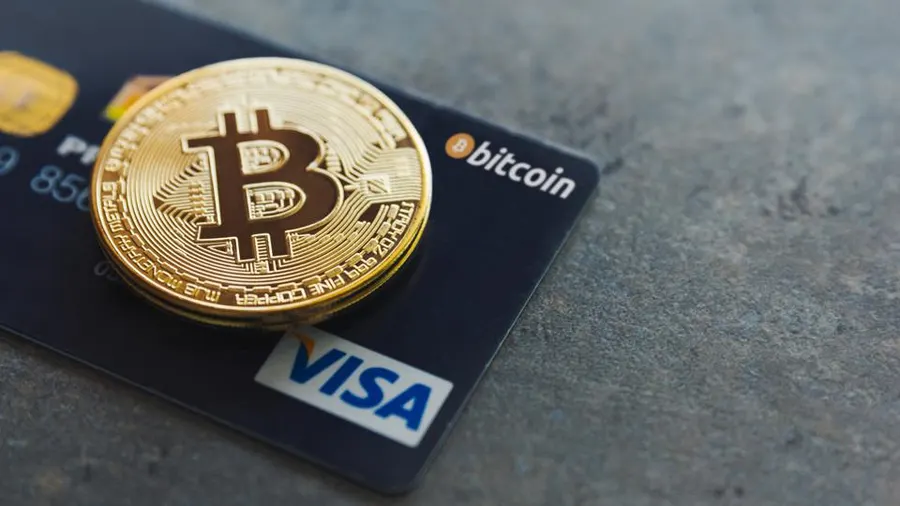Bitcoin has emerged as a popular digital currency offering numerous benefits for online transactions. From increased security to lower fees, this article dives into the advantages Bitcoin provides in the online transaction space.
What is Bitcoin?
Bitcoin is a decentralized digital currency created in 2009, allowing users to transfer value without intermediaries like banks. Through blockchain technology, Bitcoin enables secure, transparent, and efficient transactions.
Security Advantages of Using Bitcoin
Bitcoin’s decentralized structure ensures there’s no single point of control, reducing risks associated with hacking or identity theft. Each transaction uses advanced encryption, making Bitcoin transactions extremely secure compared to traditional systems.
Lower Transaction Fees
Unlike banks, which often charge substantial fees for cross-border transactions, Bitcoin’s transaction fees are generally minimal, making it ideal for international payments and money transfers.
Faster Transaction Speeds
Bitcoin transactions can be completed within minutes, regardless of location. This efficiency can significantly reduce delays often experienced in bank transfers, particularly across borders.
Global Accessibility and Inclusion
Bitcoin doesn’t require a bank account, making it accessible to people worldwide, especially in regions with limited access to traditional financial systems.
Decentralization Benefits
Bitcoin operates independently of central banks and governments, giving users greater control and freedom over their financial transactions.
Bitcoin as a Hedge Against Inflation
Bitcoin’s limited supply makes it a valuable asset for preserving value against inflation, providing a secure way to store wealth without being affected by inflationary pressures.
Increased Control Over Personal Finances
With Bitcoin, users manage their own funds, bypassing banks and other intermediaries, which provides a new level of financial autonomy.
Enhanced Privacy with Bitcoin Transactions
While Bitcoin transactions are recorded on a public ledger, they don’t reveal personal information, providing a level of privacy unmatched by traditional transactions.
Transparency in the Blockchain
Every Bitcoin transaction is documented on a public ledger called the blockchain, fostering transparency and accountability for each transaction.
Bitcoin’s Role in Innovation and Future Technology
Bitcoin serves as a pioneering technology in blockchain development, enabling new applications and future possibilities in the financial sector.
The Role of Bitcoin in Reducing Fraud
Each Bitcoin transaction is verified by the network, minimizing the risk of fraud, and ensuring secure, legitimate transactions.
Environmental Considerations and Future Improvements
Although Bitcoin’s mining process consumes significant energy, innovations are underway to reduce its environmental impact and make it more sustainable.
Conclusion
Bitcoin offers numerous benefits for online transactions, from improved security and privacy to lower costs and increased financial freedom. Adopting Bitcoin can provide users with greater control over their finances and offer a safe, efficient way to conduct transactions online.
FAQs
What are the risks of using Bitcoin for online transactions?
Bitcoin’s volatility and limited acceptance are two risks; users should stay informed and use secure platforms.
How does Bitcoin protect my privacy?
Bitcoin’s pseudonymous nature helps protect user identities, as transactions do not reveal personal information.
Are Bitcoin transaction fees always lower than bank fees?
While often lower, Bitcoin fees can vary based on network congestion.
Can I use Bitcoin for everyday purchases?
Yes, many merchants accept Bitcoin for purchases, and adoption is growing.
How can Bitcoin impact the global economy?
Bitcoin promotes financial inclusion and transparency, with the potential to transform global financ


